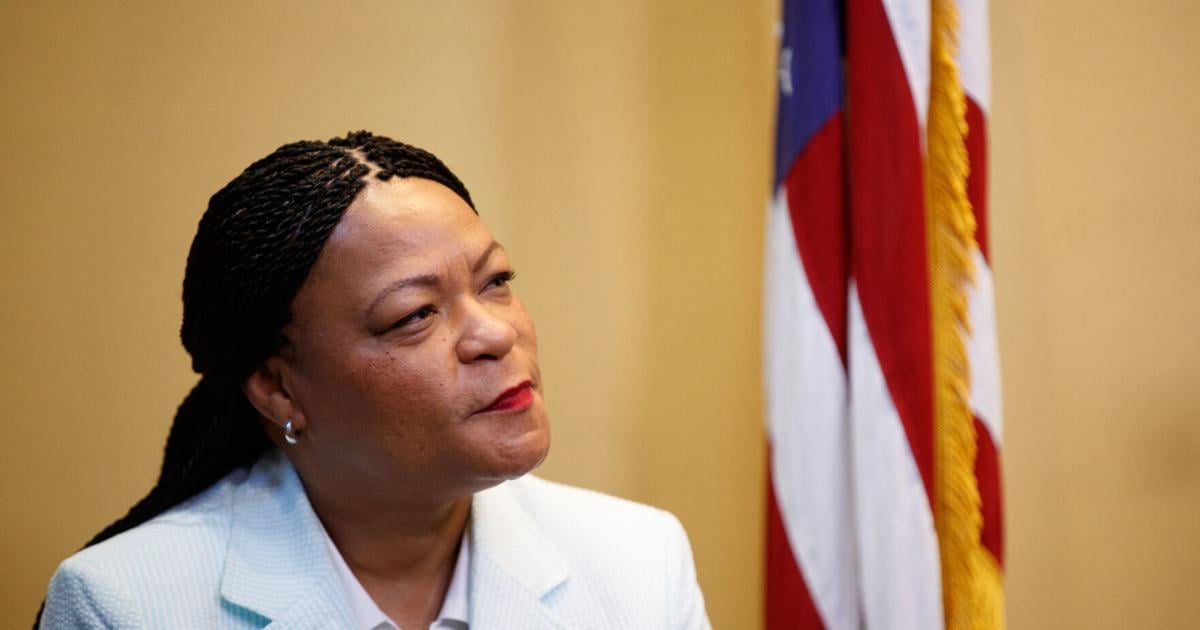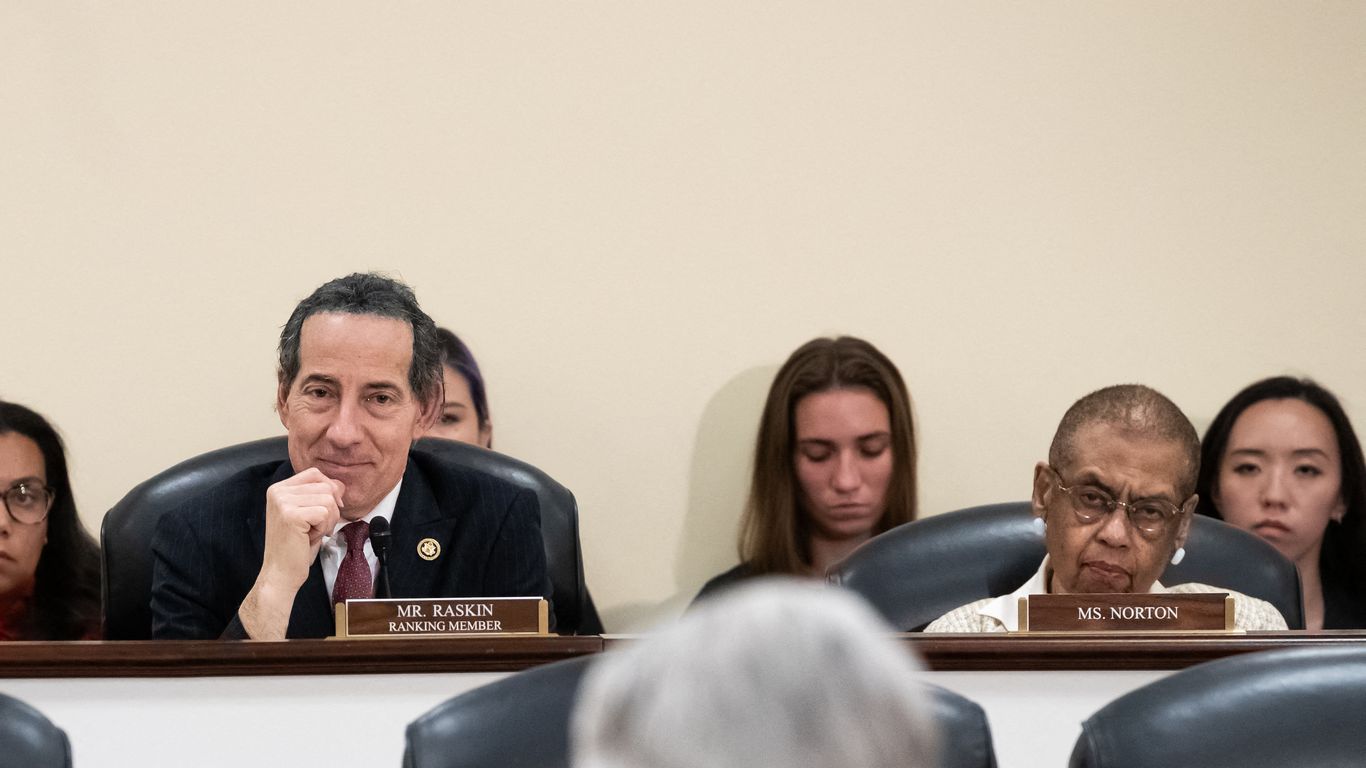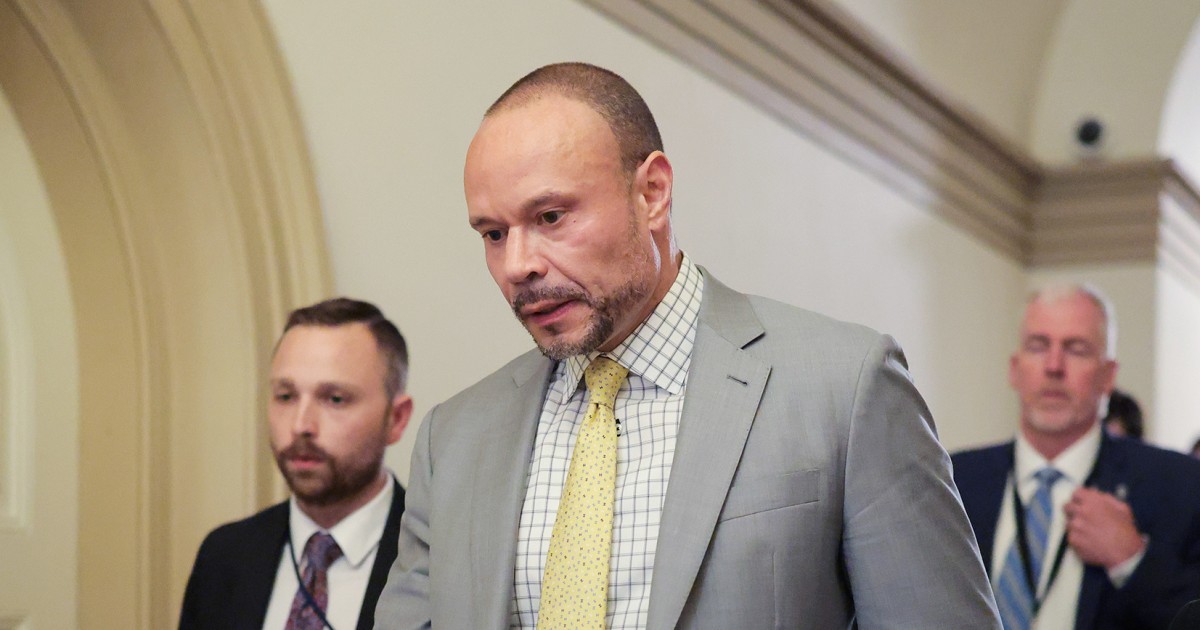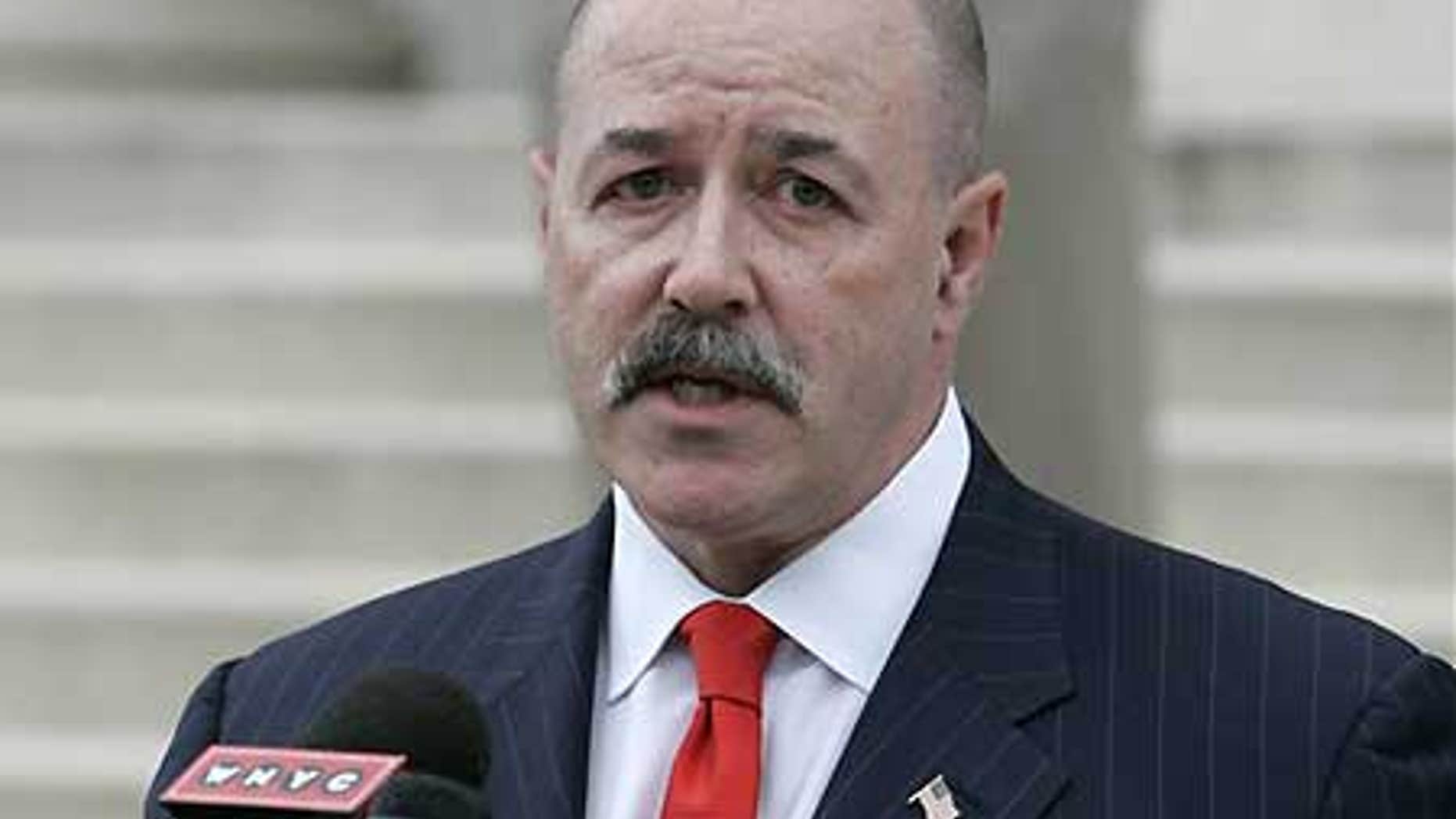FBI Appoints Co-Deputy Directors in Preparation for Departure of Current Deputy Director
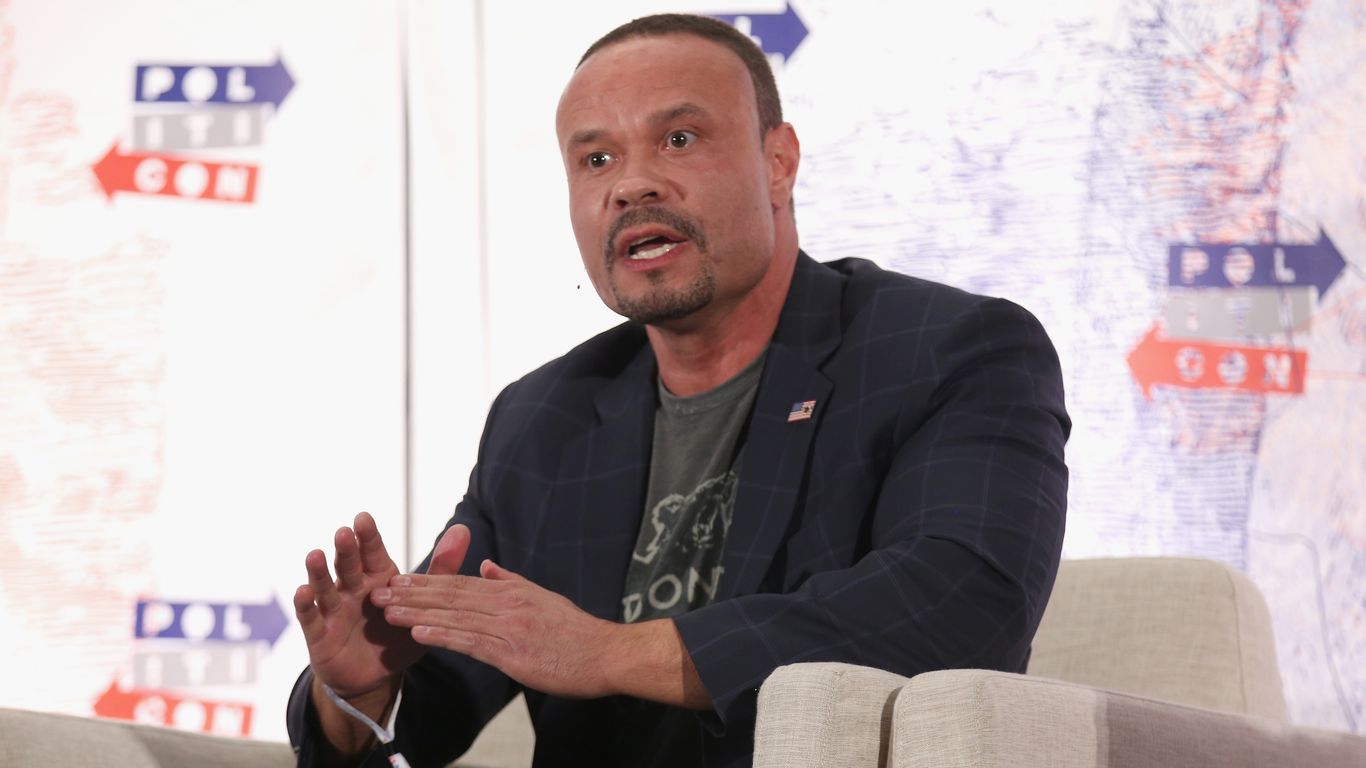
Introduction
The Federal Bureau of Investigation (FBI) has recently announced the appointment of two co-deputy directors. The new position is seen as a strategic move to prepare for the eventual departure of the current deputy director, Dan Bongino.
Key Details
The first co-deputy director is the current Missouri Attorney General, Eric Schmitt. With an impressive track record in law enforcement, Schmitt brings a wealth of experience and expertise to the FBI. The second co-deputy director is expected to be announced in the coming weeks.
Insiders speculate that Bongino's departure is imminent and the creation of the co-deputy director position is a prelude to his exit. Bongino's departure is expected to be a significant loss for the FBI, as he is known for his strong leadership and dedication to the agency.
Impact
The addition of two co-deputy directors is a strategic move by the FBI to ensure a smooth transition and maintain stability within the agency. This decision also reflects the agency's commitment to finding the best talent to lead and protect the country. With a strong team in place, the FBI is well-positioned to continue its important work of upholding justice and protecting the nation's security.
About the People Mentioned
Dan Bongino
Dan Bongino is a public figure known for his diverse career in law enforcement, politics, and media. Born on December 4, 1974, in Queens, New York, he began his public service career with the New York Police Department (NYPD) in 1995. Bongino joined the U.S. Secret Service in 1999, where he served in various roles, including the Presidential Protective Division during the administrations of Presidents George W. Bush and Barack Obama[1][2]. During his tenure with the Secret Service, Bongino was recognized for his work on financial fraud investigations, earning a Department of Justice award. He concluded his Secret Service career in 2011 and went on to pursue other ventures. In 2012, he was the Republican nominee for the U.S. Senate in Maryland but lost the election[6]. Bongino has also built a career as a media personality. He hosts the popular podcast "The Dan Bongino Show" and has been a contributor to Fox News and other media outlets. He is a multiple-time New York Times Best Selling author and has written extensively on politics and government[2][3]. Recently, Dan Bongino was appointed as the Deputy Director of the FBI in February 2025 by Director Kash Patel. This appointment marks his return to government service, where he will oversee domestic and international investigative and intelligence activities[1][3]. Bongino's selection has been notable due to his conservative views and his role as a prominent commentator on political issues. His appointment does not require Senate confirmation, aligning with the typical process for the position[3].
About the Organizations Mentioned
Federal Bureau of Investigation
The **Federal Bureau of Investigation (FBI)** is the United States federal government’s principal investigative agency, specializing in law enforcement, national security, and intelligence. Established on July 26, 1908, by U.S. Attorney General Charles Bonaparte under President Theodore Roosevelt, the FBI originated as a small force within the Department of Justice (DOJ) to investigate federal crimes such as land fraud and corporate malfeasance, expanding to address crimes that crossed state lines and national security threats[4][5]. Initially, the Bureau had limited personnel and faced challenges including political patronage and inconsistent training. However, under the transformative leadership of J. Edgar Hoover, who became director in 1924, the FBI professionalized its operations, implemented rigorous hiring standards, and expanded its investigative scope to include white-collar crime, civil rights violations, espionage, and later organized crime[1][4]. Throughout its history, the FBI has played a critical role in key areas such as enforcing the Mann Act against human trafficking, combating espionage and sabotage during the World Wars, and investigating communist activities during the Cold War. The agency's jurisdiction broadened significantly with the Civil Rights Act of 1964, adding enforcement of anti-discrimination laws, and later with federal laws targeting racketeering and gambling[8]. In the late 20th and early 21st centuries, the FBI adapted to new challenges including international drug trafficking, white-collar crime, cybercrime, and terrorism—especially after the 1993 World Trade Center bombing and the September 11, 2001 attacks. The FBI also coordinates with local, state, and other federal agencies through initiatives like the National Crime Information Center, established in 1967[8]. Today, the FBI is a leading force in both traditional law enforcement and cutting-edge technology-driven investigations, balancing national security with civil liberties. Its evolution from a modest investigative unit to one of the world’s most sophisticated intelligence and law enforcement agencies reflects its
